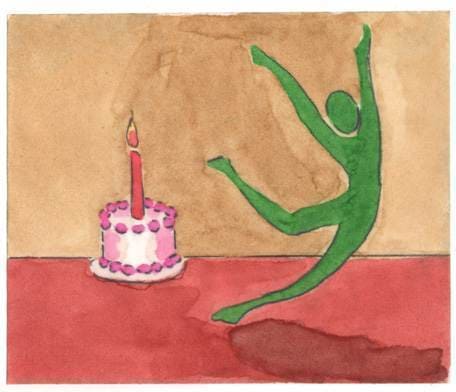In his book, The Enneagram Spectrum of Personality Styles, author Jerome Wagner presents a list of each Enneagram style’s strengths paired with their neurotic, distorted counterparts, showing how they are versions of each other. Threes, for instance, possess a “natural organizational ability” but when distorted, they can become “overly efficient, machine-like and ultra-programmed.” Fours are “highly individual and value originality,” but when neurotic they can become “an eccentric caricature of originality.” Fives have the ability to “objectively and dispassionately observe.” When unhealthy, they “may stay on the sidelines and not participate in life.”
The difference between personality functioning and malfunctioning is completely one of degree. The higher potentials of our Enneagram style include ideals, skills, sensitivities, and strengths that we deeply value and that serve us well. But when we overdo it, our best qualities warp into our worst, mutating into lower-case imitations of themselves.
There’s a story that describes this poetically. In Winesburg, Ohio, by Sherwood Anderson, an old man is writing a book he calls “The Book of the Grotesque.” The old man’s book has one central thesis: “That in the beginning when the world was young there were a great many thoughts but no such thing as a truth. People made the truths themselves and each truth was a composite of a great many vague thoughts. All about in the world there were the truths and they were all beautiful.
“The old man had listed hundreds of the truths in his book. There was the truth of virginity and the truth of passion, the truth of wealth and of poverty, of thrift and of profligacy, of carefulness and abandon. Hundreds and hundreds were the truths and they were all beautiful.
“And then the people came along. Each as he appeared snatched up one of the truths and some who were quite strong snatched up a dozen of them.
“It was the truths that made people grotesques. The old man had quite an elaborate theory concerning the matter. It was his notion that the moment one of the people took one of the truths to himself, called it his truth, and tried to live his life by it, he became a grotesque and the truth he embraced became a falsehood.”
When you over identify with the truth of your Enneagram style, when you call it your truth, then your trance deepens, your story takes over and you start living in a parallel and somewhat counterfeit universe.



